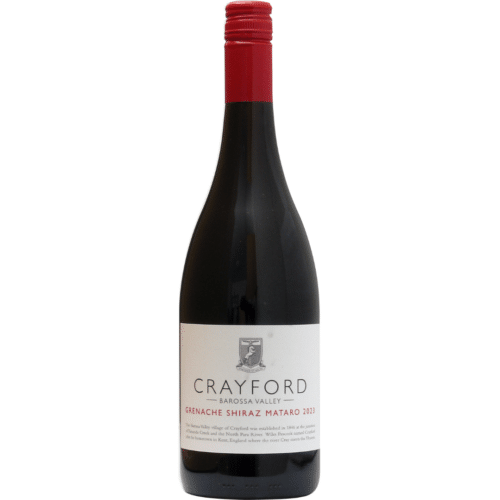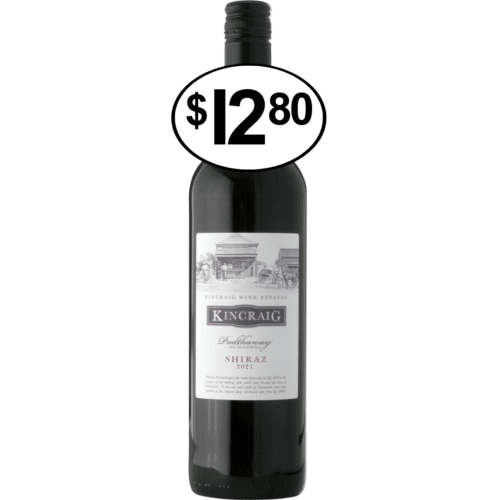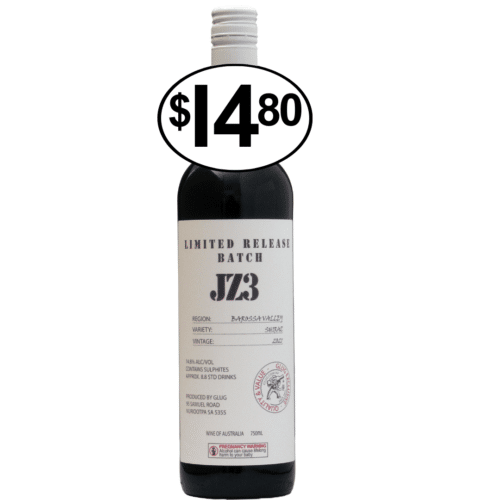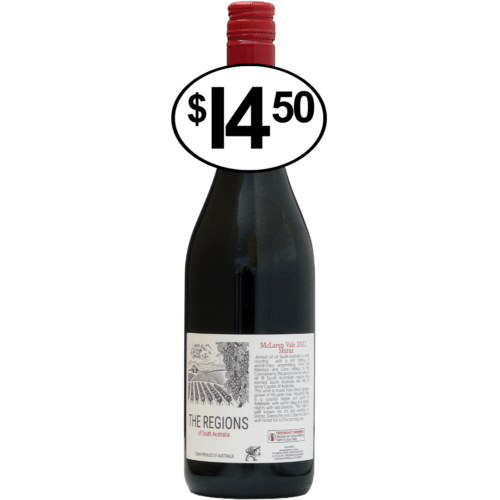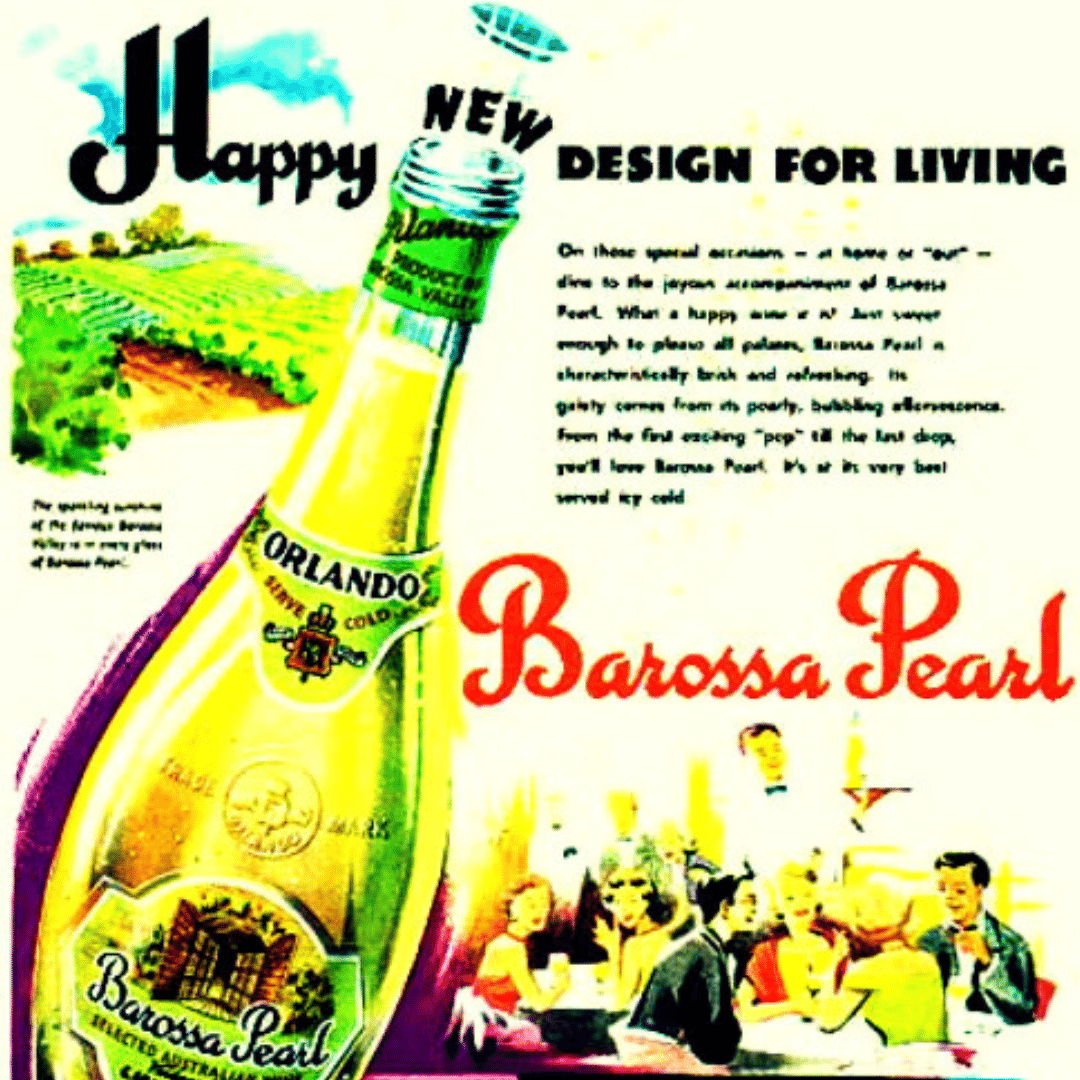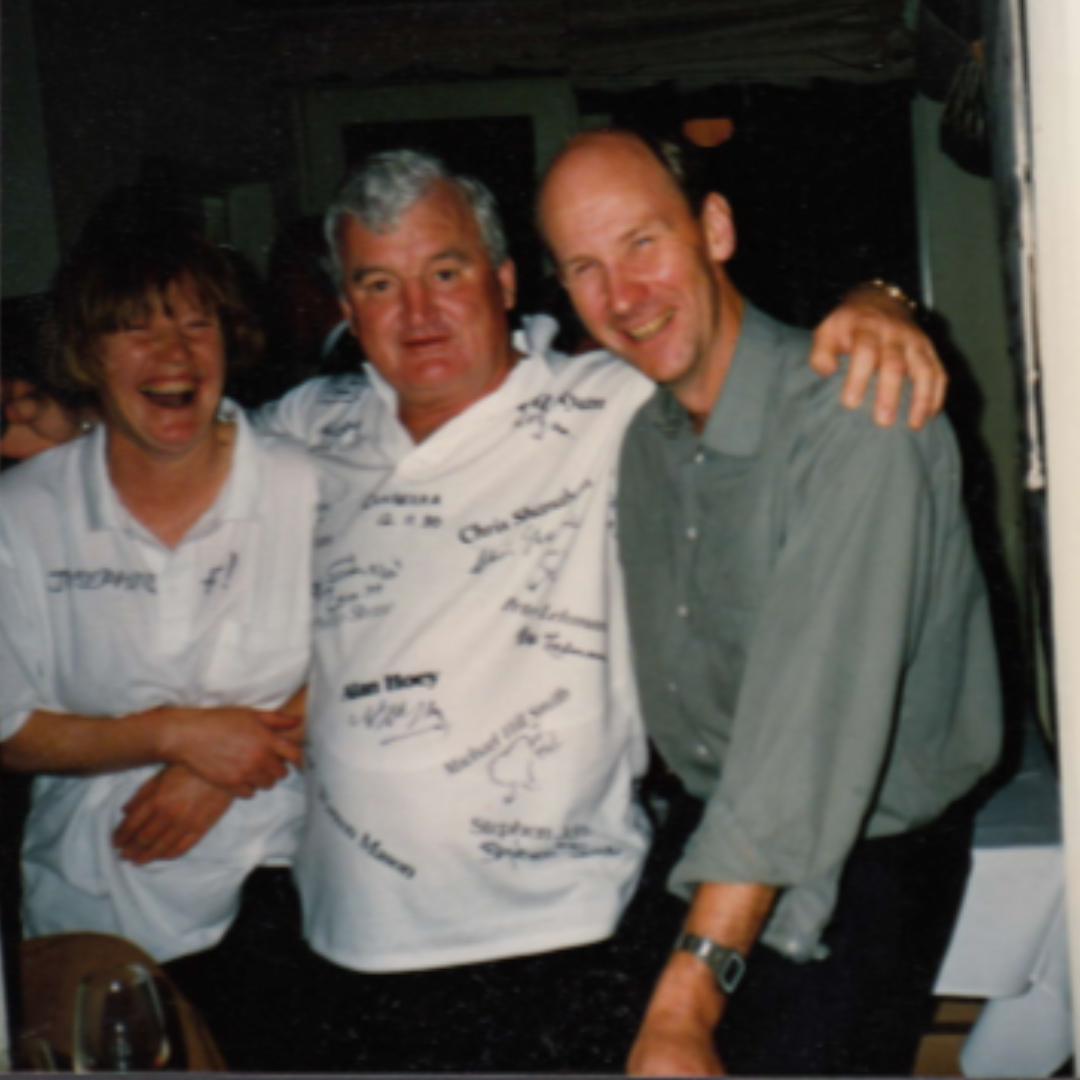Why is the promoter of Australian wine James Halliday still rabbiting on with the French term terroir when describing wines from the Eden Valley, South Australia?
Introducing the Henschke reds of 2017, The Australian, 28/5/2022, begins with, ‘Bruno Prats, proprietor of a leading Bordeaux Chateau: ‘Terroir is the coming together of the climate, the soil, and the landscape. It is the combination of an infinite number of factors: temperatures by night and by day, rainfall distribution, hours of sunlight, slope and drainage, to name but a few.’ The late Peter Sichel, another chateau owner in Bordeaux, added another view: ‘Character is determined by terroir, quality is largely determined by man.’ And ‘Viticulturist Prue Henschke and her winemaker husband Stephen own undeniably the most valuable terroir in Australia.’
Here we go again. Terroir is an odd term that is used as a catch all to impress those seeking further wine knowledge and means everything experts can think of. Not all that helpful really. What there is agreement about is that terroir was first used in France, I recall around 1880 but this is from memory, and as the term suggests implies that wine flavours have some connection to soils and the rocks that soils are derived from.
Plants grow, the roots stop them being blown away while accessing water and basic elements and that’s about it.
To explain the mysteries of wine to consumers in the post-war year’s terroir took on a life of its own and in that beautiful French way the term evolved so it could not be grabbed, slipping away to take on another shape. I suspect explaining terroir assisted the vineyard owners in charging their preposterously high prices since it allowed makers to develop whatever tale they wished for each enquirer. Often these were wine writers who then gave the rabbit another good run in the back garden.
For unknown reasons the wine scientists of Australia have been sent on a hunt for the unique terroirs of Australia and I hope this sad burden will one day be lifted from their shoulders.
The French own the term and like plasticine let them make of it whatever they wish. C’est la vie.
